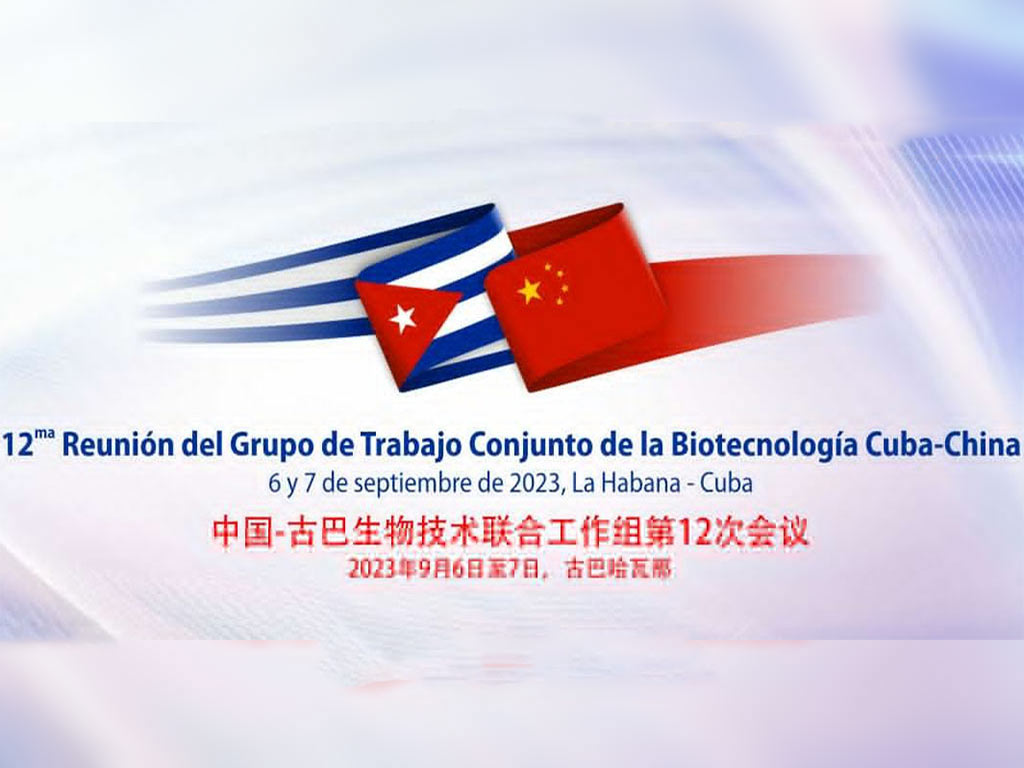
By María Josefina Arce
The collaboration in the field of biotechnology between Cuba and China can be described as dynamic and in constant renewal and growth, a relationship, described by the two states, of common interest and shared profit.
A new opportunity to explore more projects that represent a benefit for the citizens of both nations has been the Twelfth Meeting of the Cuba-China Joint Working Group on Biotechnology, which was held in Havana these days and was attended by more than 40 government and business representatives of the Asian giant.
In the last 20 years, remarkable progress has been made in joint work in biotechnology, based on the solid and friendly relations between Havana and Beijing, which have undoubtedly paved the way for progress and innovation in that branch of science.
Thus, five Cuban medicines have been registered in the Asian giant and have had a great social impact, such as Nimotuzumab, a humanized monoclonal antibody for the treatment of pancreatic cancer.
The Chinese scientific community and local authorities have highlighted the excellent results of the injectable product, which inhibits the growth of malignant cells.
Thanks to bilateral cooperation, 10 technology transfer agreements have materialized for the production of drugs. Today there are three joint ventures, laboratories and joint research and development centers, where scientific research projects are being carried out.
The close and profitable link was evident in the recent world health emergency caused by COVID 19. Interferon Alfa 2B, a leading product of Cuban biotechnology, was one of the thirty drugs used in China to fight the disease caused by the new coronavirus.
In fact, this drug marked the beginning of the technological transfer from the Greater Antilles to China, which over the years has become stronger.
Since its first steps back in the 1980s, biotechnology in Cuba has been expanding and playing an increasingly essential role in public health and in the development of the archipelago.
The Caribbean nation's great potential in this field, together with that of China, makes possible a fruitful cooperation that both nations seek to expand for the benefit of their peoples.

